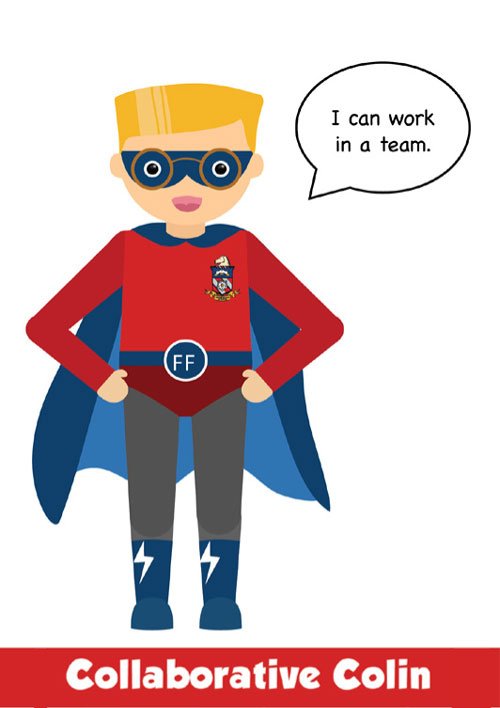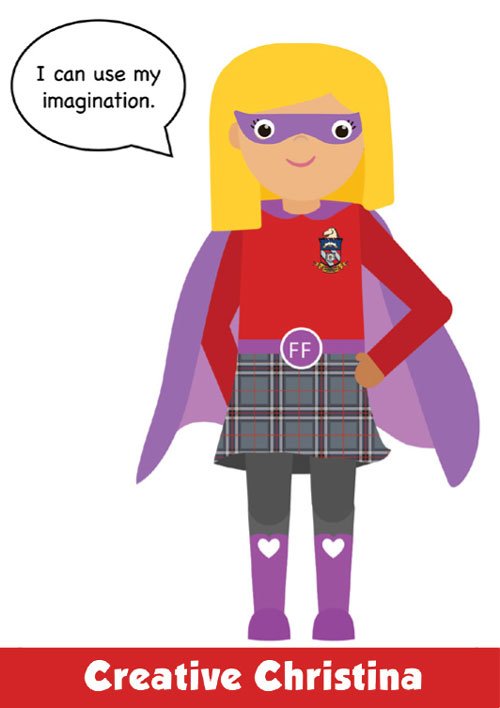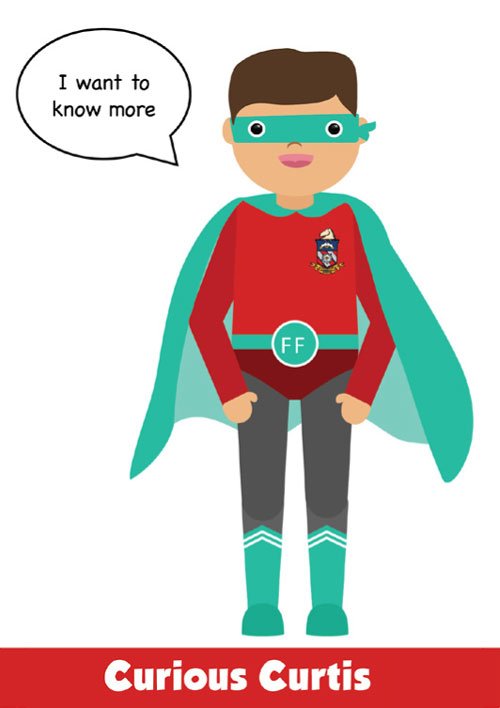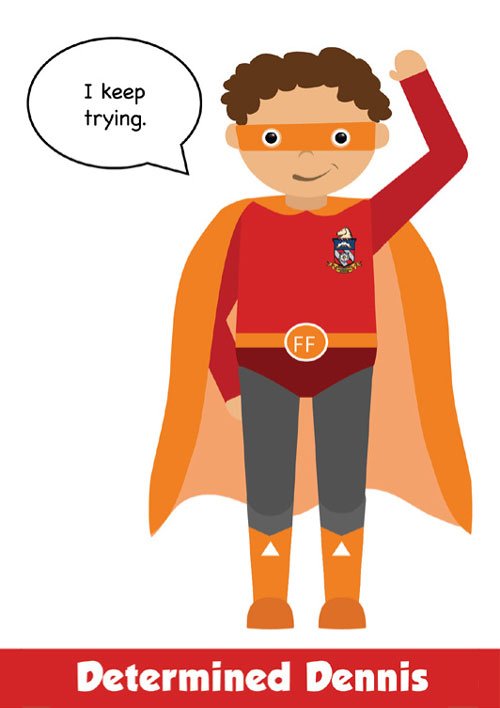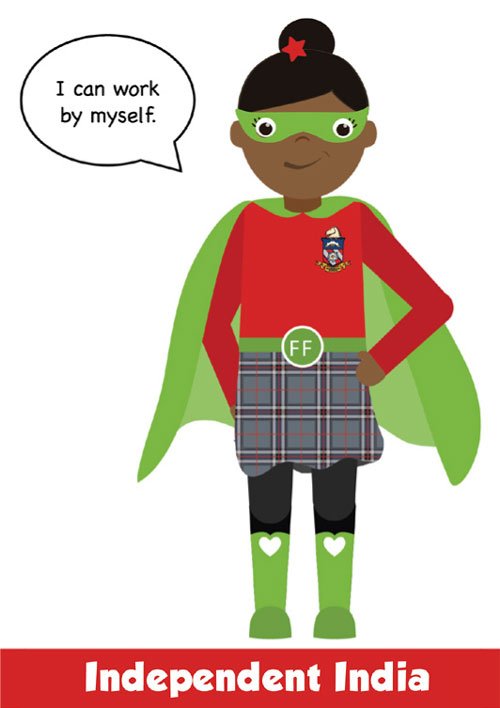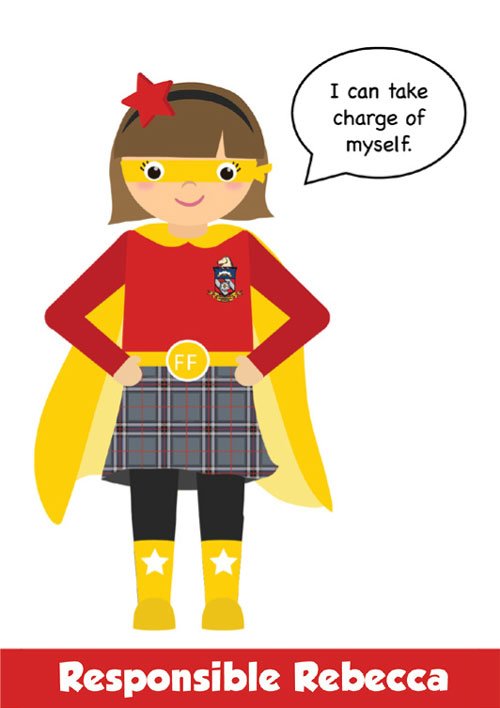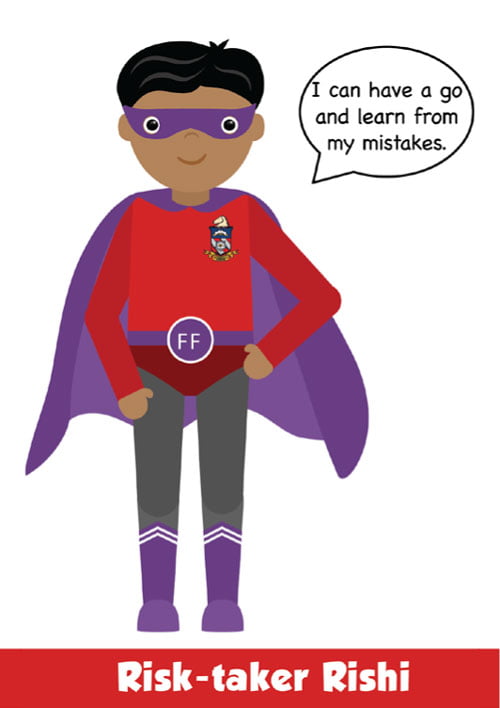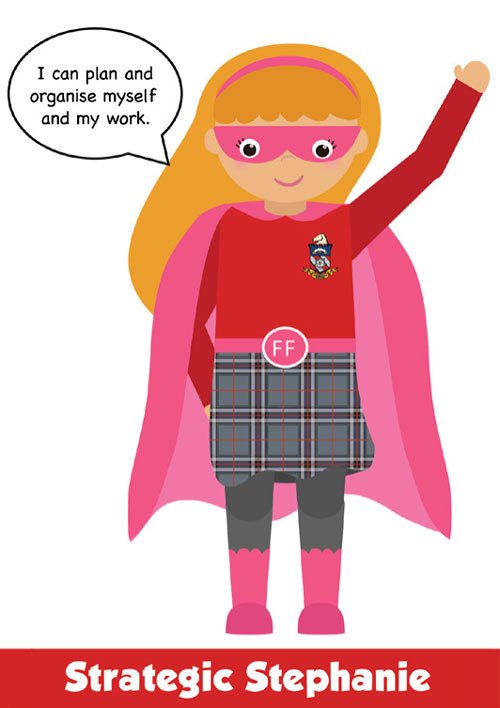Next week, our ethos theme is: ‘We know and can show what makes a good relationship.’ Helping children to recognise unhealthy relationships is an important part of their social development. Healthy relationships are built on trust and openness; alongside a balance in control. Sometimes children might dominate their peers which can destroy the self-esteem and confidence of their friends. They may say hurtful things about appearance, intelligence or fashion sense. They might exclude others from their games or behave in a possessive way about their ‘best friend’.
The best relationships often encourage us to try new things, like a new sport or an adventurous food. However, children are sometimes put under pressure to do things they don’t want to do and they feel compelled to comply or else their friend will fall out with them. Child need to understand that they have the right to say no and that anyone who cares about them should respect that.
We talk to the children about managing their emotions. We teach them that it’s all right to disagree or argue with a friend if they feel strongly about something. It’s even fine to be angry, if the emotion is justified and honestly expressed. However, they need to be able to control their anger and make sure the anger doesn’t descend into personal comments or manifests itself physically; which is quite tough when you are a child trying to make sense of your relationships or trying to stand your ground. We try to make sure the children know that there are healthy and unhealthy ways to disagree as well as making sure they know where to go for support if they’re scared, or confused, about the way a friend is treating them.
The most important factor for children in building healthy relationships is the level of their own self-esteem; we all want to have friends but we should not compromise our own behaviours or beliefs to curry favour with our peers.

